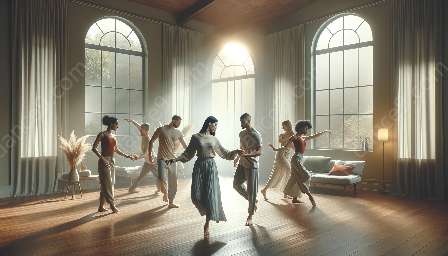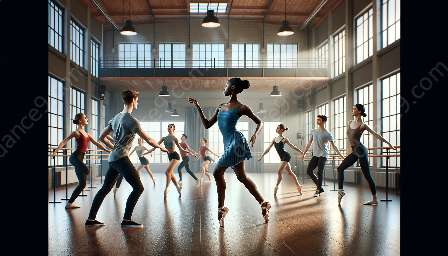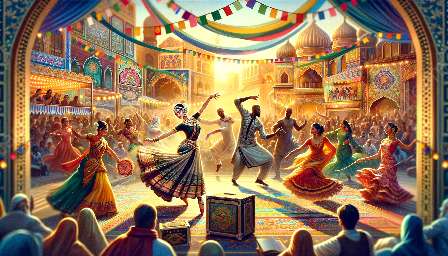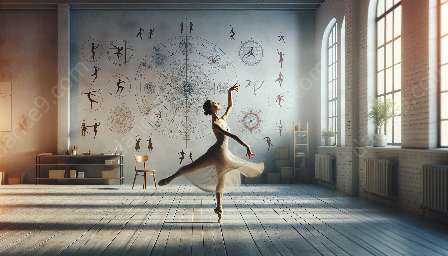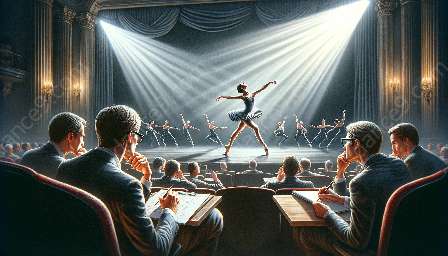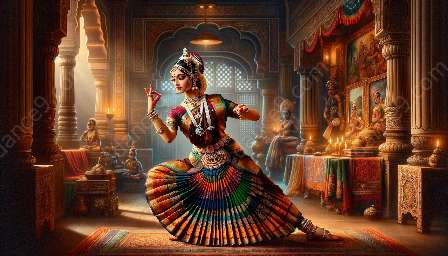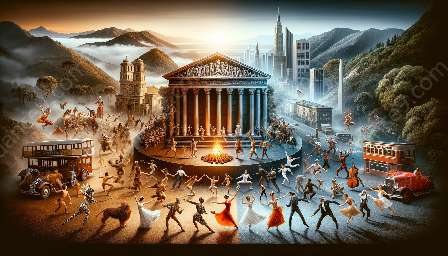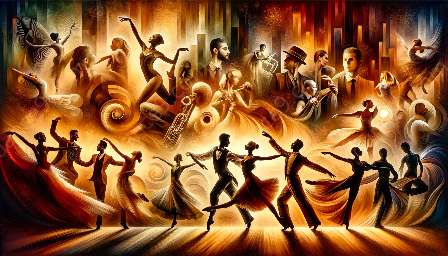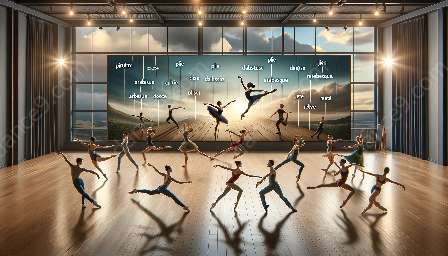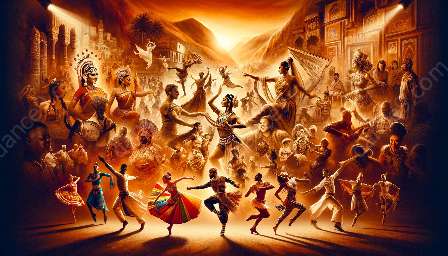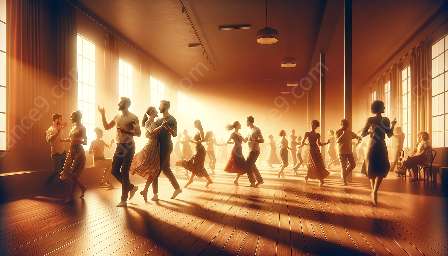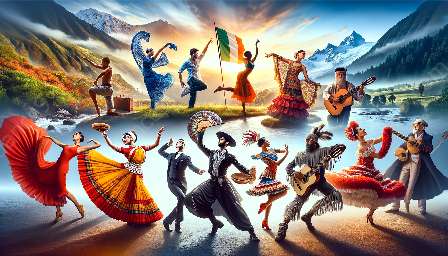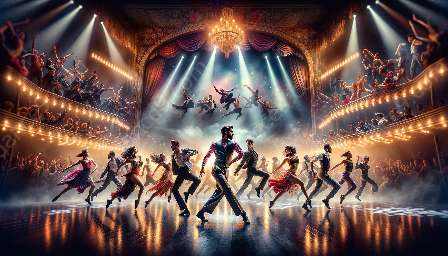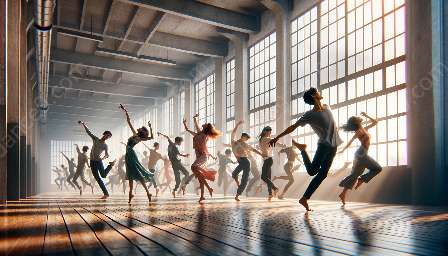Isadora Duncan, often referred to as the mother of modern dance, played a pioneering role in reshaping the landscape of dance as an art form. Her vision and approach to movement revolutionized the way dance was perceived and performed, leaving an indelible mark on dance history.
The Early Years
Isadora Duncan was born in San Francisco in 1877 and exposed to dance at a young age through her mother, who was a piano teacher. She drew inspiration from the natural world, often improvising movement in response to the elements around her, thus laying the groundwork for her distinctive style.
Innovative Techniques
Rejecting the rigid formalism of classical ballet, Duncan sought to express the innermost emotions and experiences of the human condition through her movement. She emphasized the use of breath, natural gestures, and a sense of freedom in her choreography, challenging conventional norms of dance composition.
Artistic Philosophy
Central to Duncan's artistic philosophy was the idea of dance as a form of personal and collective expression, transcending mere entertainment. She elevated dance to a profound and spiritual art form, drawing upon mythology, nature, and classical music for inspiration.
Legacy and Influence
Isadora Duncan's legacy continues to resonate in the world of dance. Her revolutionary approach paved the way for modern dance pioneers such as Martha Graham, Doris Humphrey, and Merce Cunningham, shaping the evolution of contemporary dance forms.
Conclusion
Isadora Duncan's pioneering spirit and commitment to artistic integrity have solidified her place in the annals of dance history. Her enduring influence on the art form continues to inspire generations of dancers and choreographers, perpetuating her legacy as a trailblazer in the world of modern dance.

